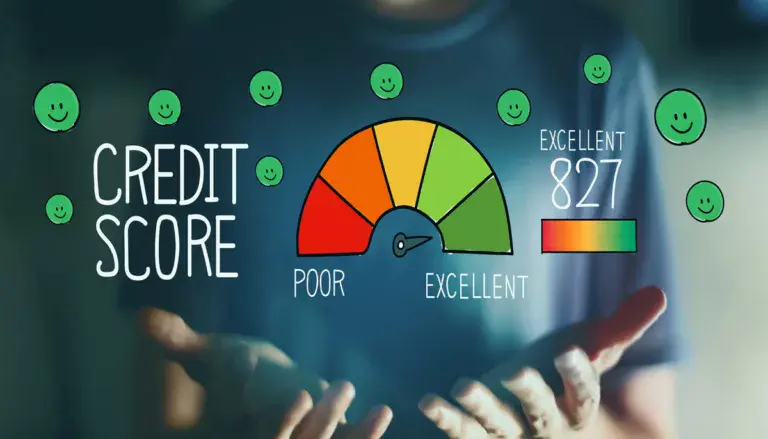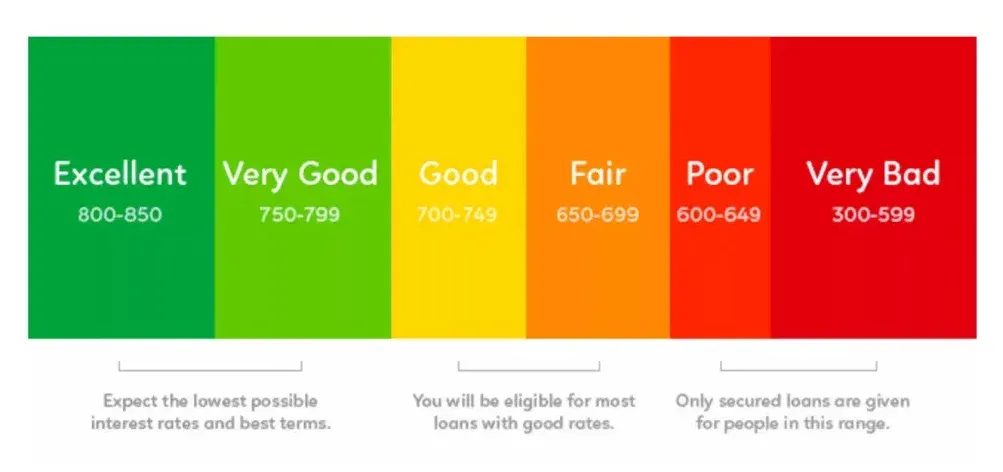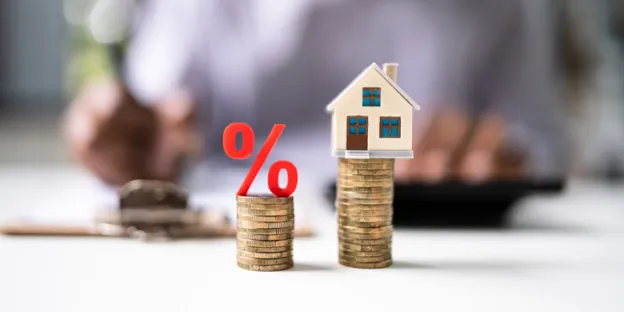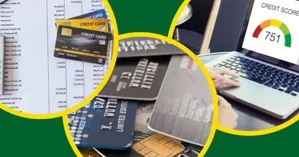
You know what a credit score is by this point in your life. You've seen it used to determine if you qualify for a loan or perhaps had to verify it to qualify for a home application.
While the score itself is pretty obvious, do you know the ins and outs of why your credit has taken some hits? Do you know the best way to improve it and what lenders see when they look at your credit history?
Several factors contribute to your overall score. Lenders can see your credit history at a glance by looking at those three little numbers.
They will see how risky it is for them to lend you money and the odds that you'll pay it back. You won't even have a chance to explain yourself if you get denied a loan.
Excellent Credit Score (800-850)
An excellent credit score, ranging from 800 to 850, reflects a stellar credit history evaluated by credit bureaus using credit scoring models.
To achieve this, maintaining a positive Experian credit report is crucial, and eligible rent payments contribute to building and sustaining such a high credit rating.
Not many people end up in the excellent category. It's a hard place to get to be. You've been financially responsible, or it's been seven years since you missed any payments, never crossed your credit limit, or borrowed too much.
Be careful that you don't over-borrow if you are applying for a loan. Lenders want you to take their money and will always send you offers in the mail.
It's a fine balance, maintaining your credit report properly. If you keep revolving loans, your credit score can stay good.
If you're in one of the higher credit score ranges, you might not need to borrow money. Unfortunately, if you aren't borrowing or carrying a balance, your score can drop.
An easy way to keep your score high is to have one or two credit cards you use regularly and pay off monthly.
Good credit reports for those with less than a perfect score is a Credit Karma credit card. Don't close any credit cards, even if you don't use them. A closed account can put a hit on your credit.
Don't hesitate to contact an expert if you need help repairing your credit score. Several companies out there will advise you on improving your financial health. You can even get a credit score check free with credit cards like Discover Card and other credit check organizations.
Very Good Credit Score (740-799)
A Very Good credit score, ranging from 740-799, reflects a positive payment history, diverse credit mix, and responsible management of credit accounts with various credit card companies.
You are a lender's dream. In this range, you'll qualify for most loans (within your income range) and will have lower interest rates on those loans.
If you find yourself here, you are financially healthy and shouldn't have much to worry about.
Good Credit Score (670-739)
A good credit score, ranging from 670 to 739, reflects responsible financial habits. Regularly check your free credit score through credit score services provided by three major credit bureaus.
This means, you pay pay bills on time, maintain a low credit utilization and these things positively impact your credit score.
In this category, you'll qualify for most loans you apply for. You aren't a high-risk borrower, and lenders are happy to have you. This should be a comfortable place to be.
From here, it can be easy to improve your score if you just keep on the path that you're on.
Fair Credit Score (580-669)
If you have fair credit, you have probably started to build up your credit history but might still not have as much as you could.
Maybe you have missed some payments in the past but have gotten caught up.
Lenders will most likely give you a loan, but it will come with a higher interest rate. This one is a catch-22.
While you will be improving your score when you get approved and eventually pay off a loan, it will cost you more money to do so. If you don't take the loan, you won't be building up credit. Annoying, right?

Poor Credit Score (300-559)
Getting a loan can be downright impossible if you fall into the poor credit score category.
You can have a poor score because you're just getting started and don't have much history. That's okay. It's easier to build credit than it is to fix bad credit.
A poor credit score can also be a result of missed payments, a higher debt-to-income ratio, and outstanding bills. This one is harder to fix, but it can be done if you start making the right moves.
Try to pay off your smallest loans first, and work with a credit repair company to fix your score.
In conclusion, understanding your credit score goes beyond just knowing the number—it's about knowing the factors influencing your credit score and how lenders, financial institutions and redit bureaus perceive your financial well-being. By grasping credit management and taking proactive steps to improve your credit score, you can enhance your financial standing and increase your chances of securing loans and credit cards. Don't overlook the significance of a healthy credit history or due dates —it's one of the keys to unlocking opportunities and financial freedom.





